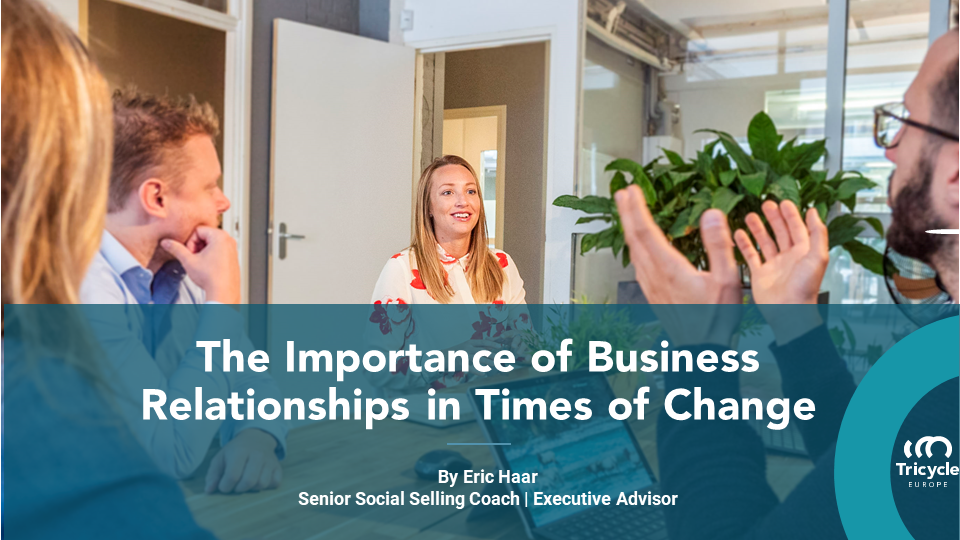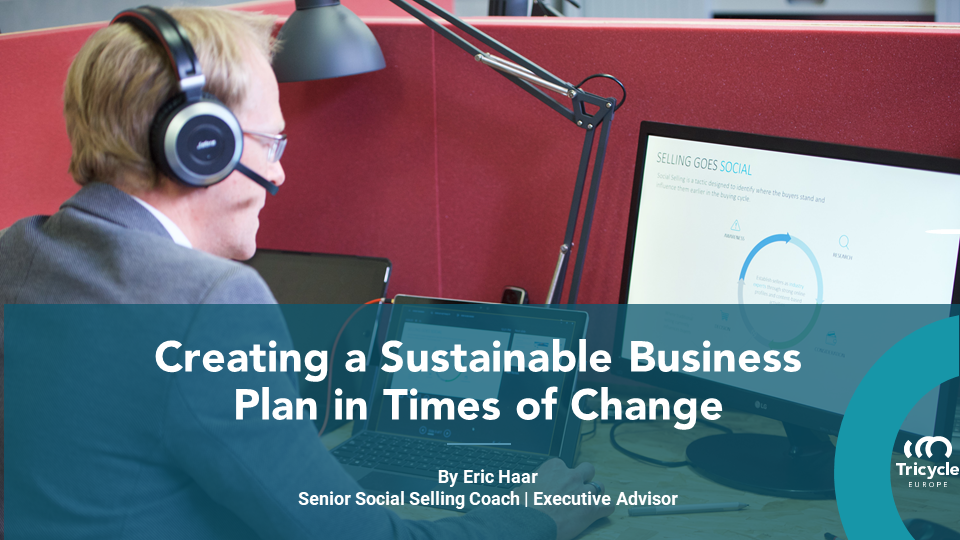Despite the big change, business relationships must remain the same. Before the lockdown, we took meeting our clients in person for granted. Getting people in a room and speaking to them was THE default standard. Now, we are faced with a new reality: face-to-face meetings are now secondary to digital engagements and virtual environments.
Over the past few months, continuity of business became priority number one, establishing a remote working scenario for everyone – and fast. While other support areas of business have nestled into their new way of work, what about sellers? Have they managed to maintain those critical, well-established relationships during this time of virtual first, with no physical meetings as an option?

While companies continue to adapt to their new employee and customer business environments, another key shift is needed: customer KPIs need to be realigned to match the operating environment. That means moving customer loyalty and retention to the top of the list, replacing sales quotas as the number one way to measure success.
Whether in the sales or delivery cycle, it is now about gaining and maintaining trust by delivering great experiences in virtual and social environments. Overall, top sellers have made the natural shift towards embracing new tactics, tools, and techniques, but what about the rest of the sellers out there.
The current trend is hopeful. According to The LinkedIn State of Sales Report 2020: EMEA Edition, “…the time that sales professionals in EMEA spent learning about Sales Navigator jumped up 41%in March (month-on-month) and leapt another 54% in April.”
While the news is encouraging, a question about qualitative measurements arises. Simply put: are sellers efforts leveraging digital tools paying off and are they getting the most out of these new tools? Based on our thousands of training sessions over the years, the answer, in short, is no; however, there is hope.
At Tricycle Europe, we have always believed in the power of business relationships and the power to leverage new tools and tactics effectively. Our core philosophy is built around creating long-term relationships with clients by practising what we preach and building that into a social methodology to help companies win in the social space. We love what we do, and we always want to do more.
In the next article, you will find how you can create a sustainable business plan in times of change. After undergoing a dramatic change, you need to have a sustainable business plan. If you don’t like change, you are going to like irrelevance even less. The disruption that took the world by storm a few months ago continues to change the way we all work. Although we have faced the initial wave, and adapted, now it is all about long-term sustainability.



